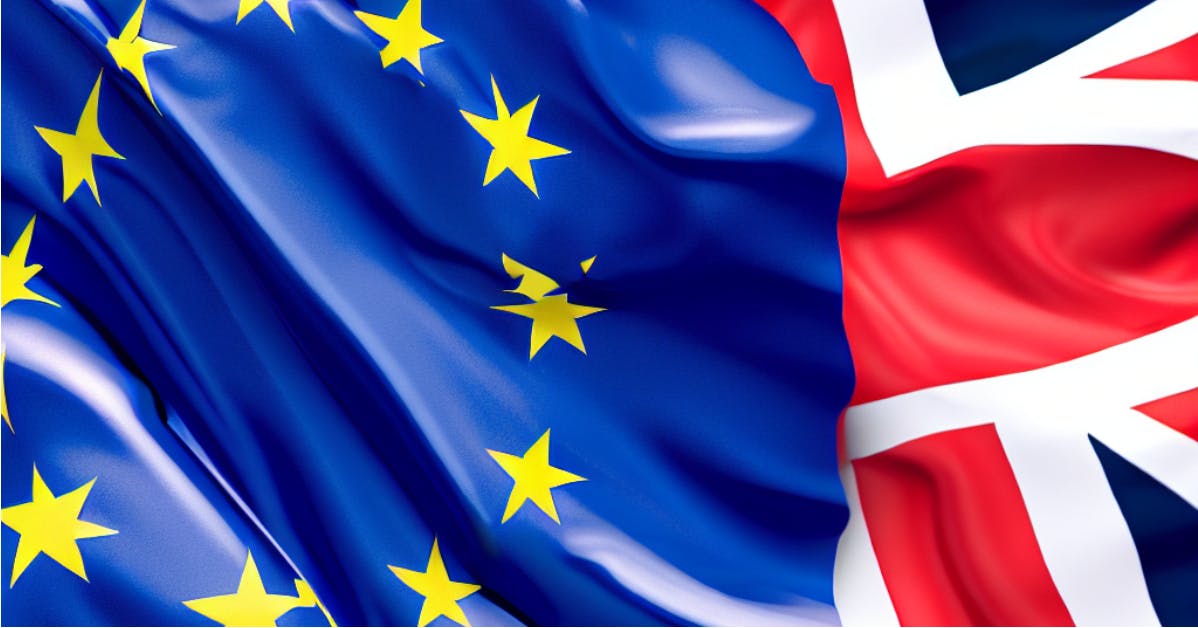The implications of the UK-EU Horizon deal for European medtech
Seven years after the Brexit vote, they finally got it done.
The UK and the EU have finished a years-long negotiation, reaching a deal to bring the UK into the fold of the EU’s Horizon research initiative. This will allow UK researchers and startups to benefit from the $100 billion funding program.
The UK scientific and startup communities have been celebrating the deal. The news is a relief—the UK isn’t being left behind in scientific innovation after all.
So how did we get here? And what’s next for the British scientific community—especially the medtech space? Let’s dive in.

A timeline of the UK’s journey to Horizon
The road to this deal has been covered in potholes.
Here’s a breakdown of the events that preceded this historic deal:
- 2016: The Brexit referendum comes down on the side of leaving the EU. UK scientists balk.
- 2020-2021: The UK painstakingly exits the EU after a one-year grace period. The Trade and Cooperation Agreement (TCA) confirmed that UK researchers would be able to participate in Horizon, but exact terms were not nailed down. Then-prime minister Boris Johnson called the deal “certainty for our scientists.”
- 2021: The UK has threatened to trigger Article 16 of the Northern Ireland Protocol, temporarily suspending parts of the trade agreement with the EU. The EU responds by holding access to Horizon hostage, bringing all parties back to the negotiating table. In the meantime, UK scientists keep applying for EU funding. The UK then launched backstop funding to ensure researchers could get paid.
- 2022: Then-science minister George Freeman says in Brussels: “If the phone doesn’t ring in autumn, we’ll have to go.” Though hopes were high that this warning would move the Horizon negotiations forward, Boris Johnson’s resignation means Freeman’s out of a job and the phone stays silent. Then, next UK prime minister Liz Truss begins legal proceedings against the EU for blocking access to Horizon.
- 2023: The UK unveils their backup plan: the Pioneer program, which will use the funds that would’ve gone to Horizon Europe in a new fund just for UK science and innovation. Meanwhile, new prime minister Rishi Sunak’s Windsor Framework deal brings movement to the Horizon deal stalemate. However, both sides soon get caught up in budget disagreements. In July, rumors that a deal has been reached sends the research community into a fervor.
Now, the deal is finally inked.
British science is cautiously optimistic
Unlike the politicians working out the details, the British scientific and startup communities have not been slowed down. Even with uncertainty over where their funding would be coming from, a collaborative spirit has kept the work going.
“Researchers in the UK and across Europe have not lost touch, they have continued to collaborate and are still in a good position to make up lost ground and engage fruitfully with European programmes,” said Sean Rowlands, senior policy officer at The Guild of European Research-Intensive Universities.
If anything, leaders in the scientific community are excited about the talent prospects this deal will greenlight.
“This news will make it much easier for those of us who spend time trying to recruit the best scientists from around the world to come to Britain,” said Matthew Freeman, Head of the Dunn School of Pathology at Oxford.
For the medtech world, the UK has long been a strong player. Now, easier access to collaboration with other nations in the Horizon program—which also includes Norway, New Zealand, and Israel—is likely to bolster innovation.
This is especially important when it comes to health innovation, given the global nature of the subject matter.
“Health research is an international endeavor, it relies on supporting the best ideas, but also on creating cross-border networks, which is good news for the UK, Europe and the rest of the world,” said Academy of Medical Sciences Professor Paul Stewart. “Association sends a very strong message that the UK is open for business and remains a prime destination to work on health research and innovation to improve lives.”
We’re excited to watch which British and cross-border projects begin benefitting from this program in the years to come. And as the collaboration matures, we hope politics will stay out of the way of important scientific work being done in our industry around the world.